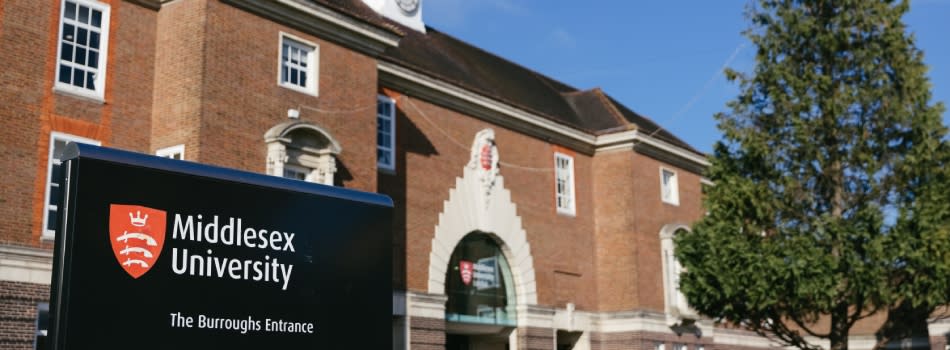About the Project
Qualification type: PhD
Location: London
Funding for: UK/EU Students only
Funding amount: £16,789 stipend per annum (inclusive of outer London weighting) + fees.
Mode of Study: Full Time
Placed on: 4th April, 2017
Application Deadline: 5th May, 2017
Middlesex University is seeking applications for a fully funded PhD studentship in the Faculty of Science and Technology at Middlesex University in London, UK. The research is in the area of neuromorphic robot control.
This studentship is in support of an EPSRC funded project entitled A Neuromorphic Control System for Agile Biped Walking (Principle Investigator Tao Geng and Co-Investigator Chris Huyck). The student will work on implementing the control system in an existing Neuromorphic System, SpiNNaker. This is widely used within the Human Brain Project and beyond. It is expected that the student will specify the neural topology in PyNN.
The main challenge the student will face is integrating information from sensors and sending commands to actuators. This involves “programming in neurons”; SpiNNaker emulates biological neurons with all communication in neural spikes. It is anticipated that the PhD will be developed in three prototypes: an initial spiking robotic system after six months; a robot using central pattern generators (implemented in neurons) after 18 months; and a complete system with the new fast walking robot after 30 months. Writing up will be done in the remaining six months. For further discussion contact Professor Chris Huyck ([Email Address Removed]).
About Middlesex University – Faculty of Science and Technology
The Faculty of Science and Technology brings together leading academics from a wide variety of backgrounds, working together to ensure that broad perspectives of systems are used, to challenge thinking and formulate approaches to science, engineering, design and analysis that are fit for purpose in our modern world. (See http://www.mdx.ac.uk/about-us/our-schools/school-of-science-and-technology for more details).
Our well-developed research expertise includes particular areas of excellence in algorithms and software engineering, biomedical sciences, computer science and visual analytics, electronic and communication engineering, geography and environmental science, Mathematics, Psychology and Sports Science.
Our superb research facilities include specialist biomedical, computing, environmental and psychology laboratories and a new sports science provision, collaborating with Saracens rugby club at Allianz Park. (See: http://www.mdx.ac.uk/life-at-middlesex/facilities/specialist-facilities/science-and-technology/computer-and-communication-engineering-labs for more details.
Entry Requirements and How to Apply
Candidates must have a first-class honours degree or equivalent, or a good MSc Degree in Computer Science, Engineering or equivalent. Good knowledge and skills in programming are required. A background in neural processing, and robotics would be beneficial.
If your first language is not English, you should have a minimum IELTS score of 6.5 (with a minimum of 6.0 in each component).
To learn more and apply, please click on the following link for detailed instructions: http://www.mdx.ac.uk/courses/postgraduate-research-degrees/research-studentships?tab=phd_studentship_in_neuromorphic_robot_control
Please note that instead of the 'Research Proposal' we request a 'Statement of Research Interests'. Your statement should answer two questions:
1) Why are you interested in the topic described above?
2) What relevant experience do you have?
Your statement should be brief: no more than 500 words or one side of A4 paper. In addition, we would also like you to send a sample of your written work. This might be a chapter of your final year dissertation, or a published conference or journal paper.
The closing date for the applications is 5th May, 2017.
Interviews are expected to take place in the middle of May 2017.

 Continue with Facebook
Continue with Facebook


